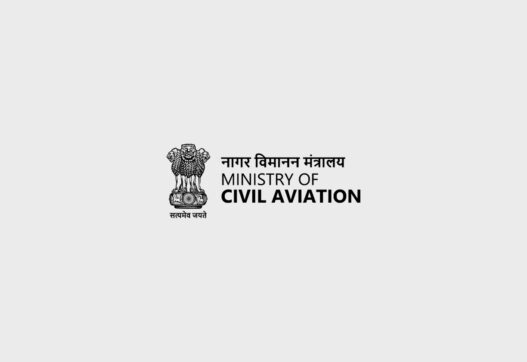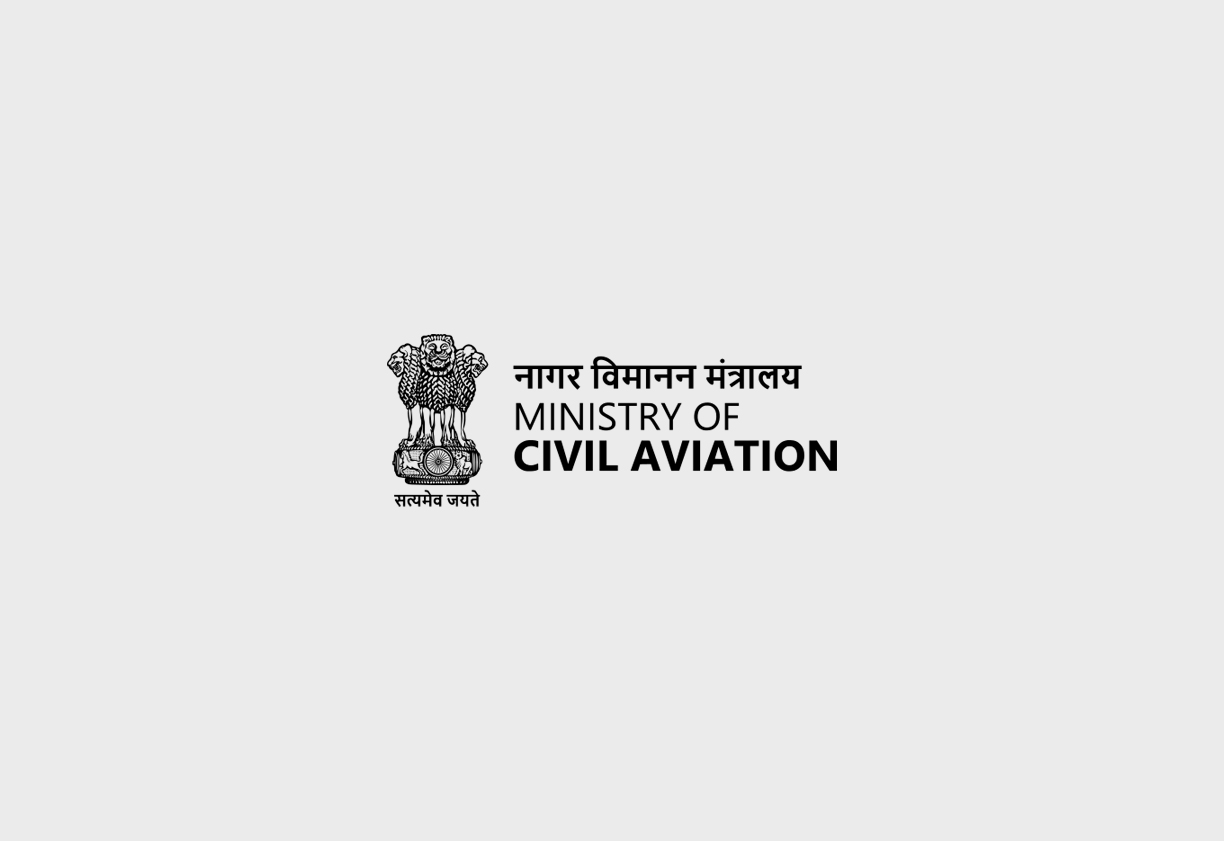Ministry of Civil Aviation
The Tokyo Convention Act, 1975, is a crucial piece of legislation that gives effect to the Convention on Offences and Certain Other Acts Committed on Board Aircraft, signed at Tokyo in 1963. This Act establishes a legal framework for addressing offenses and other acts that occur on board aircraft, ensuring that appropriate action can be taken to maintain safety and order during air travel. It addresses issues of jurisdiction, powers of the aircraft commander, and the admissibility of evidence in legal proceedings.
1: Act Background and Ministry
The Tokyo Convention Act, 1975, was enacted to implement the Tokyo Convention, which aims to establish a uniform legal framework for dealing with offenses and other acts committed on board aircraft. The Act ensures that India fulfills its international obligations by providing a legal basis for addressing such incidents and maintaining safety and order in the air. The Ministry of Civil Aviation oversees this Act, reflecting its responsibility in regulating air travel and ensuring adherence to international standards. The Ministry plays a vital role in formulating policies, implementing the act, and ensuring the safety and security of air travel.
2: Enactment Date, Number of Chapters, and Sections:
The Act was enacted on May 8, 1975, and is officially known as Act No. 20 of 1975.
-
The Act is structured into four chapters, which address various aspects of the Tokyo Convention and its implementation.
-
It includes a total of 11 sections, covering definitions, application of criminal law, powers of the aircraft commander, jurisdiction, and other miscellaneous provisions.
-
The Act is concise and focused on implementing the provisions of the Tokyo Convention.
3: Act Governed By:
The Act is primarily governed by:
-
The Central Government: The Central Government is empowered to make rules and issue notifications to implement the provisions of the Act.
-
The Appropriate Authority: This includes police officers and immigration officers in India, and their counterparts in Convention countries, responsible for enforcing the Act.
-
The Commander of the Aircraft: The commander has certain powers to take action to ensure the safety and order of the aircraft.
-
The Courts: Indian courts are responsible for exercising jurisdiction over offenses committed on board aircraft.
4: On Whom It Is Applicable:
The Act applies to:
-
All aircraft, whether registered in India or not, except military aircraft and aircraft exclusively employed in the service of the state.
-
Indian citizens, wherever they may be.
-
Persons on board Indian-registered aircraft, wherever they may be.
-
Persons on board aircraft registered outside India while in or over India.
-
Aircraft operated by persons who are not citizens of India but have a principal place of business or permanent residence in India.
-
All aircraft while in flight, even over the sea or land.
5: Penalties/Punishments:
The Act specifies penalties for certain actions:
-
A commander who fails to report a disembarkation or delivery of a person under restraint is liable to a fine not exceeding one thousand rupees.
-
The Act does not specify penalties for other violations, but it ensures that offenses committed on board aircraft are treated as offenses under Indian law.
-
The Act provides for the application of the Extradition Act, 1962, for crimes committed on board aircraft in flight.
6: Important Pointers:
-
The Act defines “aircraft,” “appropriate authority,” “commander,” and “Convention country” to clarify its scope.
-
It applies the criminal law of India to offenses committed on board Indian-registered aircraft while in flight.
-
The Act empowers the commander of an aircraft to take reasonable measures, including restraint, to ensure the safety and order on board.
-
It establishes jurisdiction for Indian courts over offenses committed on board aircraft.
-
The Act outlines procedures for the admissibility of evidence, including depositions and documentary evidence.
-
It includes provisions for the Central Government to apply the Act with modifications to certain aircraft.
-
The Act allows for the certification of contracting parties to the Tokyo Convention.
-
It empowers the Central Government to treat certain aircraft as registered in a Convention country.
-
The Act ensures that the legal framework is in place to address offenses committed on board aircraft, promoting safety and security during air travel.
7: Download Act Copy




